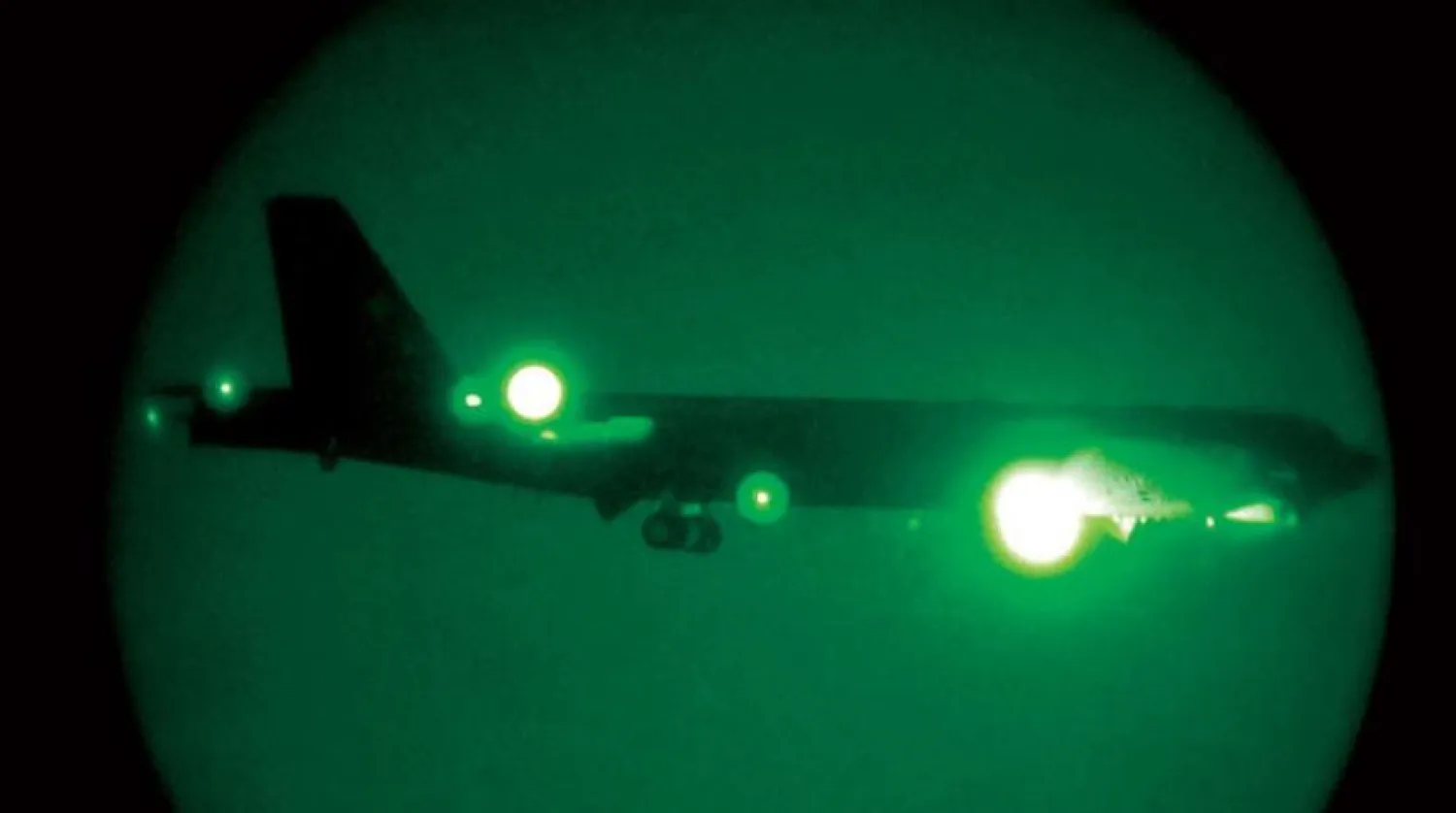American B-52 Stratofortress bombers sent to the Middle East over what Washington describes as threats from Iran have arrived at a US base in Qatar, US Central Command (CENTCOM) said.
A picture taken by US Air Force personnel stationed in Al Udaid air base and posted on the CENTCOM website showed two aircraft. The caption said: "B-52 Arrival. US B-52H Stratofortress aircraft assigned to the 20th Expeditionary Bomb Squadron are parked on a flight line May 8, 2019."
Meanwhile, the US aircraft carrier Abraham Lincoln, also deployed as a warning to Iran, passed through Egypt's Suez Canal on Thursday, reaching the Red Sea.
In an advisory posted on Thursday, Reuters quoted the US Maritime Administration (MARAD) as saying that since early May there had been an increased possibility of Iran or its regional proxies taking action against US and partner interests.
These included, MARAD said, oil production infrastructure, after Tehran threatened to close the vital Strait of Hormuz chokepoint through which about a fifth of oil consumed globally passes.
"Iran or its proxies could respond by targeting commercial vessels, including oil tankers, or US military vessels in the Red Sea, Bab-el-Mandeb Strait, or the Arabian Gulf," MARAD said.
Vice Admiral Jim Malloy, commander of the US Navy’s Bahrain-based Fifth Fleet, told Reuters on Thursday that American intelligence showing a threat from Iran will not prevent him from sending the USS Abraham Lincoln through the vital Strait of Hormuz, if needed.
“If I need to bring it inside the strait, I will do so,” Malloy said in an interview by phone. “I’m not restricted in any way, I’m not challenged in any way, to operate her anywhere in the Middle East.”
Secretary of State Mike Pompeo on Thursday threatened a "swift and decisive" US response to any attack by Iran.
"The regime in Tehran should understand that any attacks by them or their proxies of any identity against US interests or citizens will be answered with a swift and decisive US response," Pompeo said in a statement.
"Our restraint to this point should not be mistaken by Iran for a lack of resolve," he said.
Pompeo, however said: "We do not seek war."
"But Iran's 40 years of killing American soldiers, attacking American facilities, and taking American hostages is a constant reminder that we must defend ourselves," said Pompeo.









